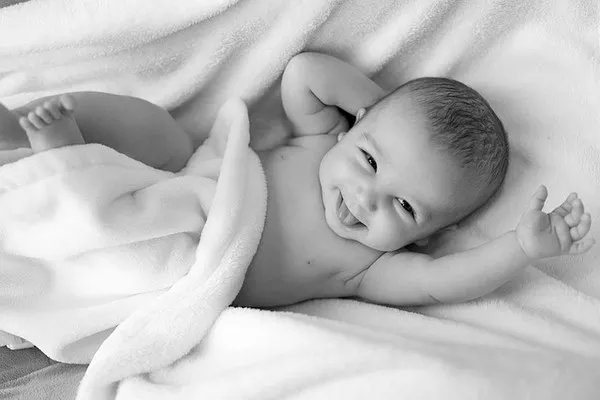Welcoming a newborn into the world is a joyous occasion, but it also comes with the responsibility of ensuring their well-being. One of the common concerns parents face is how to handle situations where their newborn feels cold. Understanding the signs and taking prompt action is crucial to maintain the baby’s comfort and health.
Recognizing the Signs of a Newborn Cold
The first step in addressing a newborn cold is to be able to recognize the signs. Newborns cannot regulate their body temperature as effectively as adults, making them susceptible to feeling cold more quickly. Signs may include cool or bluish skin, fussiness, and difficulty in sleeping. Being attentive to these indicators is essential for proactive care.
See Also: When to Take 3 Month Old to Doctor for Cold?
Maintaining an Adequate Room Temperature
Creating a warm environment is fundamental to preventing a newborn from getting cold. Ensure that the room temperature is between 68 and 72 degrees Fahrenheit (20-22 degrees Celsius). Investing in a room thermometer can assist in monitoring and maintaining a suitable temperature for the baby.
Layering Clothing Appropriately
Dressing a newborn appropriately is key to keeping them warm. Layering is an effective strategy, allowing you to add or remove clothing as needed. A good rule of thumb is to dress the baby in one more layer than what you are comfortable wearing in the same environment. Be mindful of using lightweight, breathable fabrics to prevent overheating.
Utilizing Swaddles and Blankets
Swaddling is a time-tested technique that mimics the snug feeling of the womb and helps regulate a newborn’s body temperature. Swaddle your baby in a thin, breathable blanket, ensuring that their hips have room to move. Additionally, carefully selecting the right type of blanket, such as muslin or cotton, can make a significant difference in maintaining warmth without causing overheating.
Monitoring Head and Feet Temperature
A newborn’s head and feet are particularly susceptible to losing heat. Therefore, paying attention to these areas is crucial in preventing the baby from getting cold. Dress your baby in a hat that covers their ears and keep their feet covered with warm socks to retain heat effectively.
Offering Skin-to-Skin Contact
Skin-to-skin contact is not only beneficial for bonding but also serves as a natural way to regulate a newborn’s body temperature. Holding your baby close to your skin can provide the warmth they need, especially during the early days when they are adjusting to the outside world.
Adjusting the Baby’s Diet
Sometimes, a newborn cold can be attributed to insufficient nutrition. Ensure that your baby is adequately fed and gaining weight as recommended by your pediatrician. Breast milk or formula provides essential nutrients that contribute to the baby’s overall health, including maintaining a stable body temperature.
Using Heated Devices Safely
While using heating devices can be an effective way to keep a newborn warm, it’s crucial to do so safely. Avoid placing heating pads or electric blankets directly on the baby’s crib. Instead, consider using a space heater in the room, ensuring it is at a safe distance from the crib and has an automatic shut-off feature.
Regularly Checking for Signs of Overheating
Maintaining the delicate balance between warmth and overheating is vital. Regularly check your baby for signs of overheating, such as sweating, flushed skin, or rapid breathing. If these signs are present, remove a layer of clothing or adjust the room temperature accordingly to restore a comfortable balance.
Consulting with a Healthcare Professional
If you are uncertain about how to address a newborn cold or if your baby’s condition does not improve, it is essential to consult with a healthcare professional. They can provide personalized advice based on the baby’s health and specific circumstances, ensuring the best course of action for your newborn’s well-being.
Conclusion
Ensuring that a newborn remains warm is a crucial aspect of providing proper care. By recognizing the signs of a newborn cold and implementing practical strategies such as maintaining a suitable room temperature, appropriate clothing, and safe heating devices, parents can create a comfortable and nurturing environment for their precious little ones. Always prioritize the well-being of your newborn and seek professional guidance when needed to navigate the intricacies of newborn care successfully.
Related Topics:
Why Your Body Feels Hot But No Fever?
When to Take Your Newborn to the Hospital for a Cold?
What to Do When Your Newborn Has a Cold?


